In a report dated October 5, the committee, chaired by Julius Melly, confirmed that there were examination irregularities witnessed in the 2022 KCSE Examination.
Some of the isolated cases of exam irregularities reported include early exposure of examination papers, mobile phones seized from students, and unauthorized written-on materials found in students’ possession.
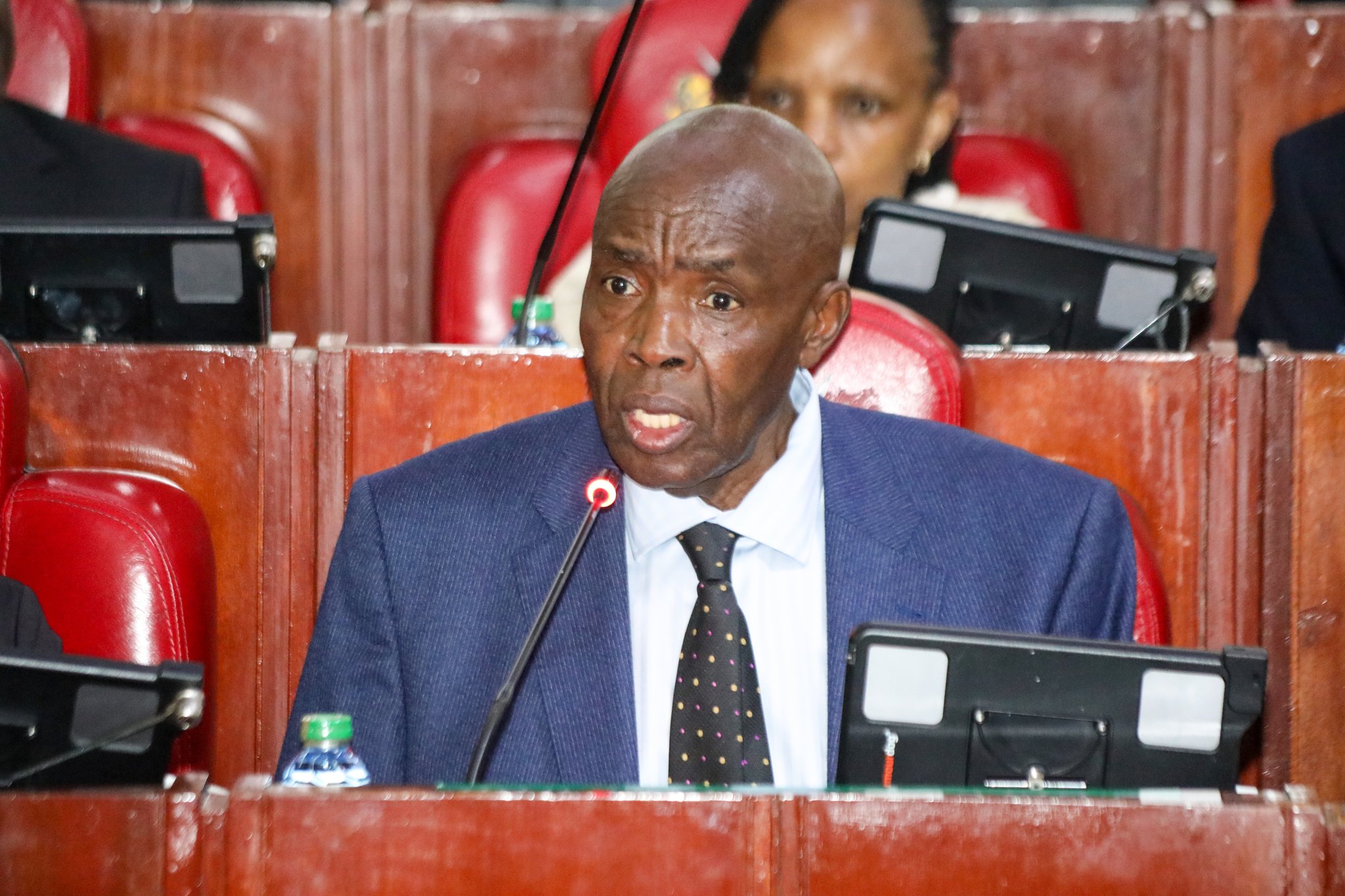
“Early exposure of afternoon examination papers, mobile phones seized from some examination centers, some students found with unauthorized written-on materials among others,” part of the report stating the means used by students to cheat in exams read.
Also Read: PS Belio Kipsang Addresses Exam Cheating Ahead of KCSE & KCPE
Factors that Contribute to Examination Malpractice
Moreover, in the report, the committee identified factors that contribute to examination malpractice.
They noted the high stakes associated with KCSE Examination considering it determines the placement of candidates to various courses at the university and college levels.
As such, the report highlighted the pressure on students to perform well, noting that it can push them to engage in examination malpractices to meet expectations.
The Parliamentary Committee on Education said another factor contributing to examination malpractice is the poor remuneration and delayed payment of examiners, invigilators, and supervisors.
This, according to the committee, demotivates them and makes them more susceptible to bribery and corruption.
“Examiners, invigilators and supervisors are poorly remunerated and the payment delayed hence demotivating them,” the report read in part.
Likewise, the report found that marking centers are centralized within Nairobi and its environs only. This results in overcrowding and deplorable conditions in accommodation for the markers.
Therefore, the committee’s report states that such conditions can make it difficult for markers to focus, hence leading to errors.
The report also found that social media platforms, such as Telegram and Signal, are used to perpetrate examination malpractices.
Further the committee noted that these platforms were difficult to trace, making it easier for people to share leaked examination materials and other information.
Recommendations
Nevertheless, the report made several recommendations to address examination malpractice in Kenya. These are as follows.
- Not pegging teachers’ promotions on individual schools’ performance only
- Deploying school principals to manage examinations in schools outside their sub-counties.
Also Read: Storm as TSC Fires Teachers Over Transfer
- Restricting invigilators, center managers, and supervisors from overseeing examinations in a particular center for more than two consecutive years.
- Allocating sufficient funds to the Ministry of Education and school management boards for infrastructural improvements and investment in Artificial intelligence enabled Closed Circuit Television (CCTV) cameras in all examination centers.
- Increasing funding to KNEC
- KNEC establishing a robust and collaborative multi agency investigative unit to lead investigations
- The Ministry of ICT through the National Computer and Cybercrimes Coordination Committee (NC4) fast-tracking the process of developing cyber security regulations
- The Ministry of Education and KNEC to produce a clear policy on examination marking, integrity of markers, award of marks and the moderation process.
Furthermore, this report by the Parliamentary Committee of Education is part of the ongoing efforts to address examination malpractice in the country.
Also, it comes ahead of the 2023 national examination which is expected to begin in November.
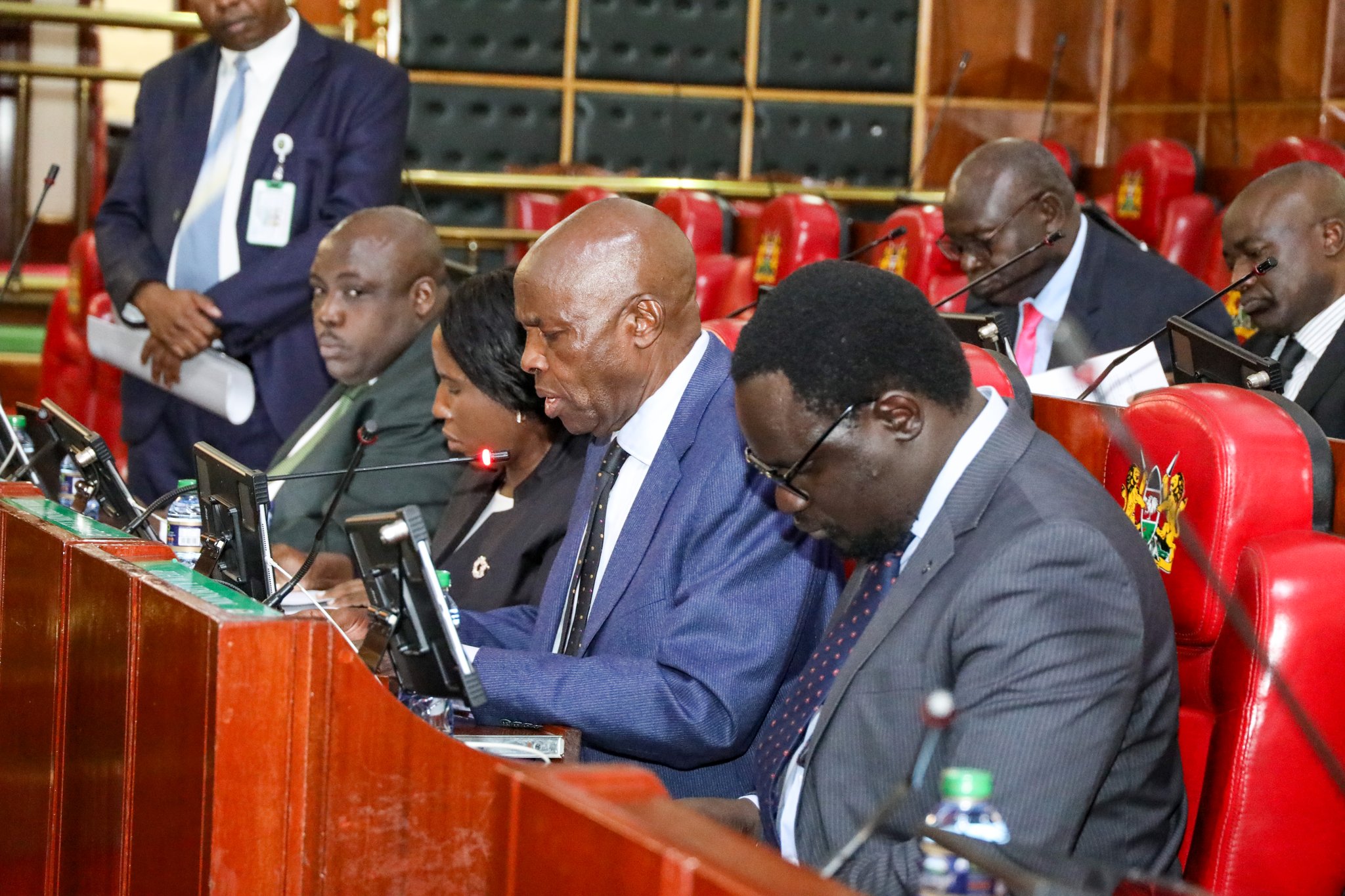



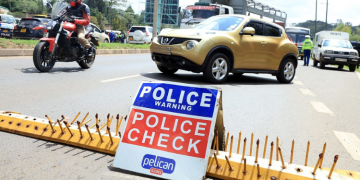

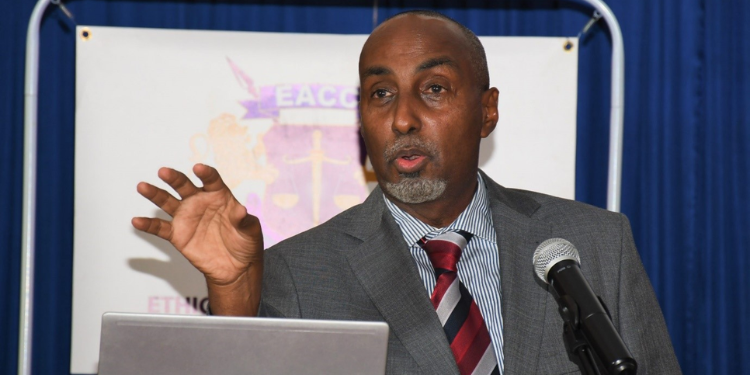


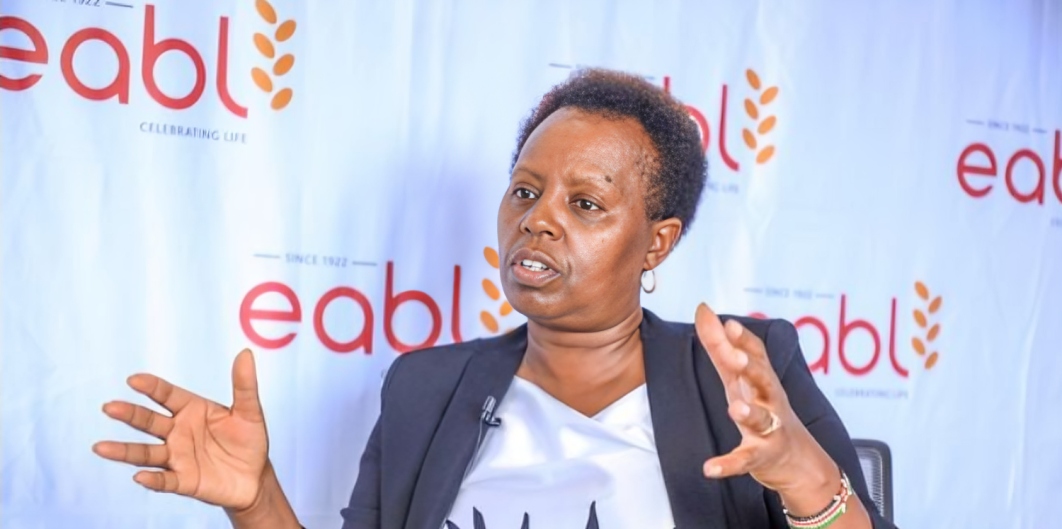








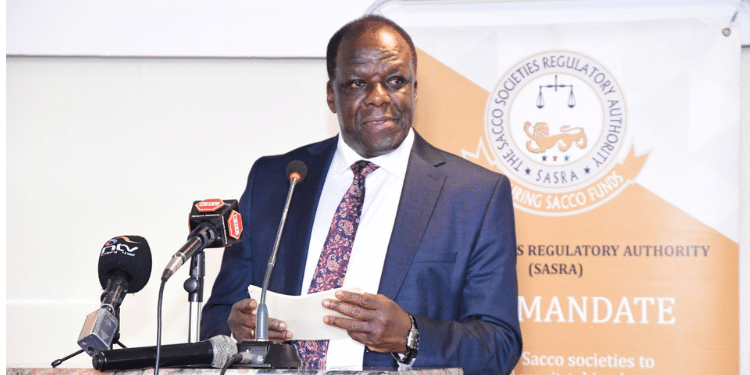



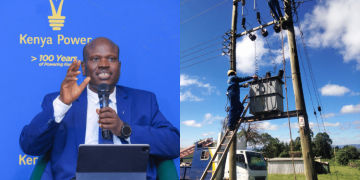
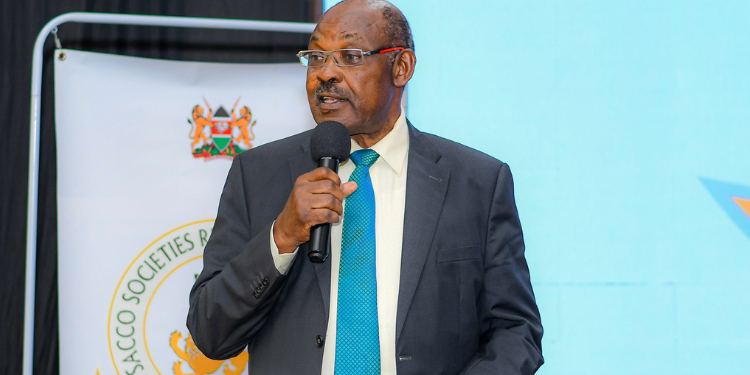






























![Senator Allan Chesang And Chanelle Kittony Wed In A Colourful Ceremony [Photos] Trans Nzoia Senator Allan Chesang With Channelle Kittony/Oscar Sudi]( https://thekenyatimescdn-ese7d3e7ghdnbfa9.z01.azurefd.net/prodimages/uploads/2025/11/Trans-Nzoia-Senator-Allan-Chesang-with-Channelle-KittonyOscar-Sudi-360x180.png)




















